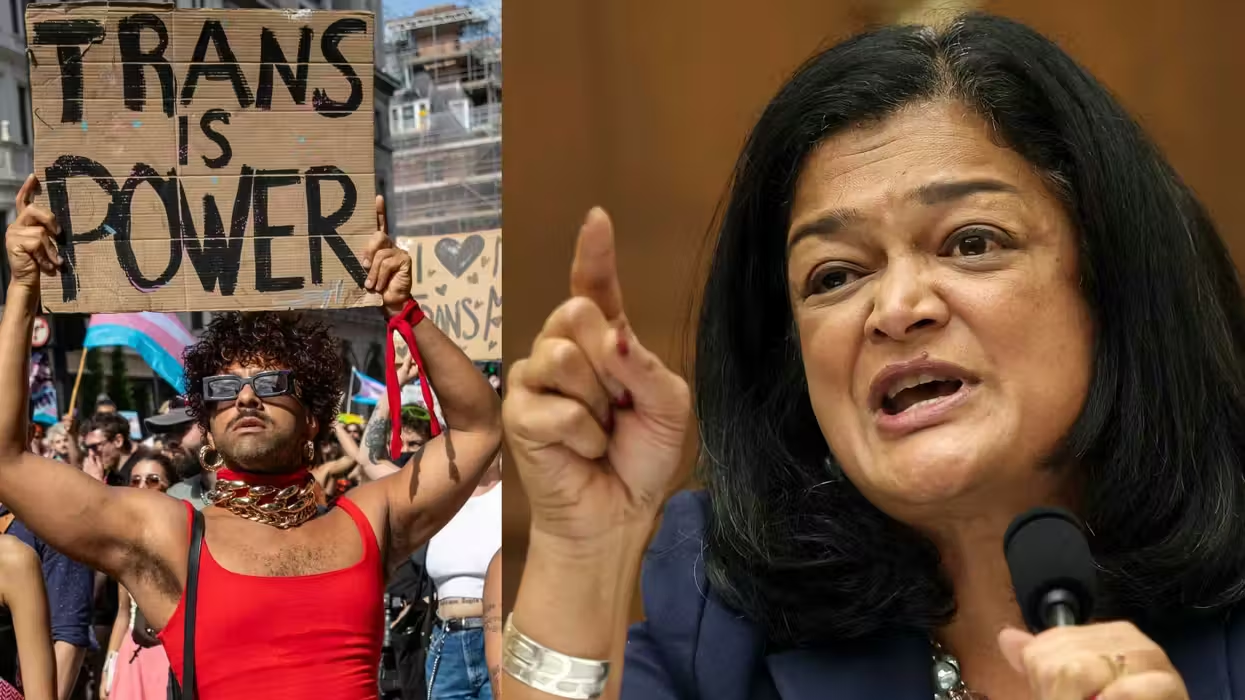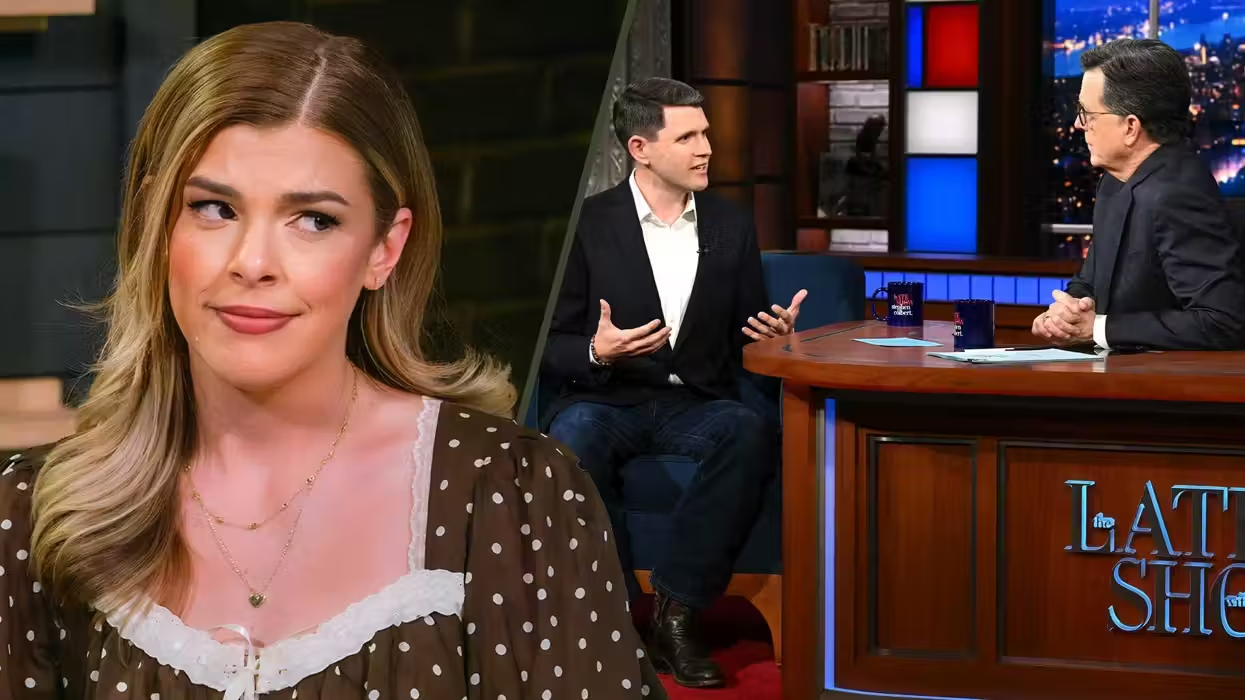
© 2026 Blaze Media LLC. All rights reserved.
LISBON, N.D. (AP) — Butch and Deb Dick's lifelong dream was to open a big game hunting preserve and after years of preparation, they expected to welcome the first customers to their southeastern North Dakota ranch this month.
 Voters will decide next month whether to shut them down.
Voters will decide next month whether to shut them down.
Measure No. 2 on the Nov. 2 general election ballot seeks to abolish fenced preserves where people pay to shoot big game such as deer and elk. Supporters of the measure say the practice is unethical because the animals can't escape. Opponents say it's free enterprise.
There are thousands of big game breeding operations in the United States. Although it's not clear how many offer hunting, there's no federal law banning fenced hunting and a majority of states allow it.
"I think it comes down to property rights," Butch Dick, 34, said quietly, gazing from a ridge that overlooks his wooded and hilly Dragon Creek Ranch in the surprisingly rugged Sheyenne River Valley 8 miles west of Lisbon. Most of eastern North Dakota is flat farmland.
About a dozen of the state's more than 100 game preserves offer hunting for a fee. The cost of a hunt depends on the size of the animal, but some packages can run more than $10,000.
The Dicks advertise their business as a place where "myth and fantasy becomes reality." They have plans to build a lodge for clients who for now will stay in a nearby bed and breakfast. They would like to specialize in events for disabled hunters and hold a turn-of-the-century hunt for muzzleloaders.
If the measure passes, "I guess it will be one large breeding farm," Deb Dick, 35, said with a sigh.
The ballot measure's promoter, Roger Kaseman of Linton, said it's not sporting to hunt animals in areas he claims can be as small as 400 acres.
The average size of the hunting preserves is difficult to gauge. The state Board of Animal Health, the key regulator, does not separate hunting and non-hunting farms in its reporting. But owners claim the preserves are big enough to provide an authentic hunting experience, and one in the North Dakota Badlands said his property covers 2,000 acres.
Butch Dick said he had to install 4 miles of fence to enclose his hunting land.
The issue of whether to bar fenced hunting isn't new.
A bill to outlaw fenced hunting preserves was introduced in the 2007 Legislature by a lone sponsor, state Sen. Tim Mathern, D-Fargo. He said other lawmakers took their names off the bill because they were pressured by "outside interests" and some warned him he should be worried about his safety, although he received no direct threats.
"When it got right down to the day of introducing the bill, everybody was gone except me," Mathern said.
The bill was trounced by a vote of 44-3.
Kaseman, 64, who chairs a group called North Dakota Hunters for Fair Chase, believes most citizens didn't know about fenced hunting when the issue came up in the Legislature. He thinks they are now ready to voice their opposition.
The opposing voice, Shawn Schafer, 43, a white-tailed deer farmer near Turtle Lake and spokesman for Citizens to Protect North Dakota's Property Rights, said he's looking for a blowout victory to settle the debate one last time.
he's looking for a blowout victory to settle the debate one last time.
"I just wonder how much we're going to win by," Schafer said. "I want to send a big strong message that this is it, it's over, leave us alone."
No polls are available on the measure, but a 2007 University of North Dakota survey showed 75 percent of the 600 people polled would vote in favor of a ban. The random telephone survey of North Dakota residents over 18 had a margin of error of plus or minus 4 percent.
Most of the preserves' customers come from other states, where there are fewer places to hunt and it's difficult to obtain licenses for the biggest of big game. Some hunters want the trophy on the wall, but most are interested in the hunting experience, said Schafer, who hunts at fenced ranches in other states.
Kaseman questions that experience.
"The hunt is over the moment the animal is born," he said.
Marv Hanson, a Grand Forks hunter, said most of his outdoors companions view fenced hunting as a matter of personal choice.
"It's not something that I necessarily care to do," Hanson said, "but I don't have any problem with other people doing it, let's put it that way."
____
Online:
https://www.ndpropertyrights.com
https://www.dragoncreekwhitetails.com
https://northdakotafairchase.com
https://www.cedarridgeelk.com/
Want to leave a tip?
We answer to you. Help keep our content free of advertisers and big tech censorship by leaving a tip today.
Want to join the conversation?
Already a subscriber?
more stories
Sign up for the Blaze newsletter
By signing up, you agree to our Privacy Policy and Terms of Use, and agree to receive content that may sometimes include advertisements. You may opt out at any time.
Related Content
© 2026 Blaze Media LLC. All rights reserved.
Get the stories that matter most delivered directly to your inbox.
By signing up, you agree to our Privacy Policy and Terms of Use, and agree to receive content that may sometimes include advertisements. You may opt out at any time.






